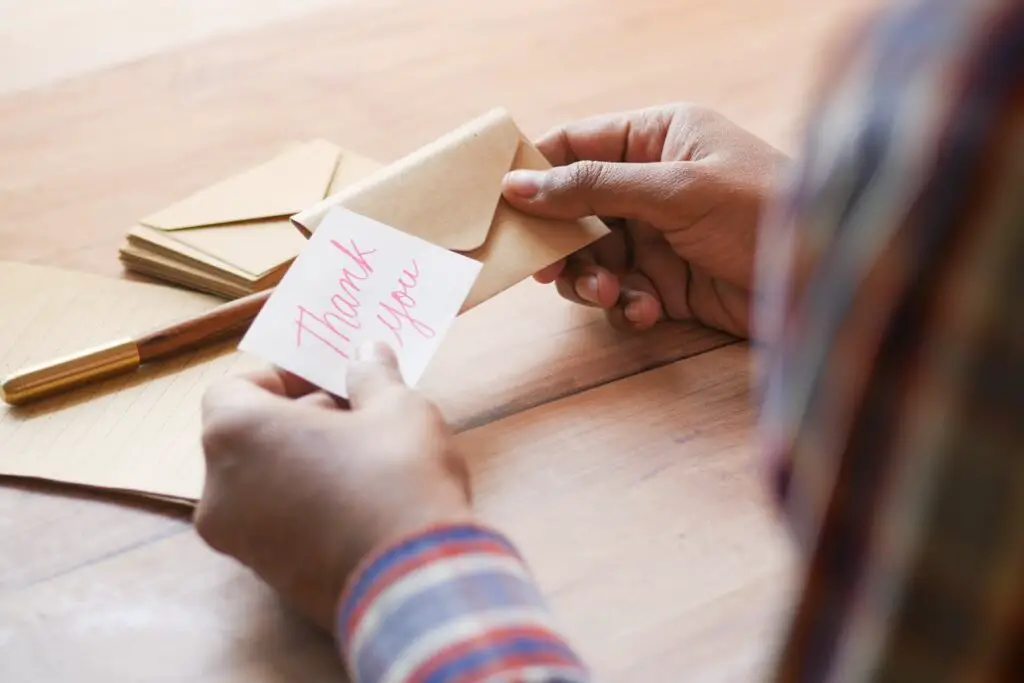11 Polite Habits Most People Secretly Dislike—According to Research

Good manners never go out of style—or do they? While many of us were raised to say “please,” “thank you,” and always put others first, research suggests that some traditional acts of politeness are more annoying than appreciated. Believe it or not, well-meaning habits like over-apologizing or waiting to eat might be quietly frustrating the people around you.
If you’re over 50 and trying to navigate today’s evolving social norms, you’re not alone. This list breaks down 11 “polite” habits that people secretly dislike, backed by research and real-life observations. Some of these might surprise you—and might even improve your relationships once you drop them.
1. Over-Apologizing—Even When You’re Not at Fault

Saying “I’m sorry” is a sign of humility—but overdoing it can have the opposite effect. Studies show that when people apologize constantly, even for things that aren’t their fault (like the weather, traffic, or someone else’s mistake), they’re often perceived as insecure or even insincere. While Baby Boomers were often taught that apologies are a way to maintain peace and show respect, modern social science suggests it’s better to apologize sincerely and selectively. Instead of saying, “Sorry for bothering you,” try “Thanks for taking the time.” It keeps the interaction positive and confident.
2. Offering Unsolicited Help

Helping others is a time-honored value, especially for older generations who pride themselves on being supportive. But offering help without being asked—especially repeatedly—can make others feel incapable or judged. According to psychology research, unsolicited help can reduce the recipient’s sense of autonomy. Whether you’re offering tech help to your grandkids or advising someone on how to garden better, wait for a cue or request before jumping in. This gives the other person space and helps them feel empowered, not micromanaged.
3. Insisting on Formal Greetings

Politeness once meant calling people “Mr.,” “Mrs.,” or “Sir.” But today, many people prefer a first-name basis—even in professional or semi-formal settings. A 2023 survey by Pew Research found that people under 60 often interpret formal greetings as outdated or stiff. So while you may be showing respect by using formal titles, the recipient might feel distant or even uncomfortable. A friendly, casual approach (“Hi Bob!”) is more in tune with today’s relaxed communication style—especially if the person has introduced themselves that way.
4. Holding the Door for Someone Too Far Away

Holding the door is a classic courteous act—but it can go wrong when you try too hard. If someone is far away and you stand there holding the door, they might feel pressured to speed up, creating unnecessary awkwardness. According to a Journal of Social Psychology study, people feel mildly embarrassed when forced into this situation. The polite sweet spot? Hold the door if they’re within a few steps. Otherwise, don’t feel bad about letting it close naturally. It’s the thought that counts—but timing matters too.
5. Forcing Thank You Responses from Others

Encouraging politeness is great—especially with children—but constantly prompting someone to say “thank you” or acknowledge a gesture can feel like you’re policing their manners. Research suggests that gratitude is most effective and meaningful when it’s expressed voluntarily. Adults, in particular, may feel patronized if prompted to say thank you, especially in front of others. Instead, model the behavior yourself and let others choose how to respond. You’ll avoid awkwardness while still promoting kindness.
6. Refusing Help to Be “Polite”

Turning down assistance might feel like you’re being considerate—“Don’t worry about me, I’ve got it!”—but declining help too often can backfire. Studies in social reciprocity show that accepting help graciously allows others to feel valued and connected. Whether it’s someone offering to carry your groceries or help set the table, saying yes occasionally strengthens relationships. It’s not a sign of weakness—it’s a way to share moments and let others feel useful.
7. Over-Complimenting People

Compliments are lovely when sincere—but when they’re too frequent or exaggerated, they can start to feel phony. A 2022 study on verbal praise found that people respond more positively to specific, honest compliments than to vague or excessive flattery. Saying “You’re always the best cook ever!” every time someone serves a meal can sound like overkill. Instead, a comment like, “That lemon chicken had great flavor—what’s your secret?” feels personal, thoughtful, and genuine.
8. Laughing at Every Joke (Even When It’s Not Funny)

We’ve all been in conversations where someone tells a joke that misses the mark—and we laugh politely to avoid discomfort. But studies show that consistently laughing at unfunny jokes can make others question your sincerity. It might even encourage them to keep telling bad jokes! It’s okay to give a warm smile or say, “That’s clever,” instead of chuckling at every punchline. People appreciate authentic reactions more than forced laughter.
9. Waiting Too Long to Start Eating

Back in the day, we were taught never to start eating until everyone had been served. While that rule still holds in formal settings, in today’s casual environments, it can make others uncomfortable. A survey by The Emily Post Institute found that most people now prefer you to go ahead while your food is hot—especially if they’re still waiting for theirs. A quick, “Mind if I start?” keeps things polite without making anyone feel guilty. You’ll enjoy your meal more—and so will they.
10. Sending Long Thank-You Notes for Small Gestures

A heartfelt thank-you note never hurts, but writing a full-page letter for every minor gesture can seem like overkill. In a world of fast communication, research shows people now appreciate brief, timely expressions of gratitude more than elaborate ones. For example, after a coffee meetup, a simple text like “Really enjoyed catching up—thanks again!” is often better received than a formal card. Save the longer notes for weddings, big favors, or meaningful gifts.
11. Trying Too Hard to Avoid Offending Anyone

We all want to be respectful—but going too far to avoid even the mildest disagreement can lead to bland or robotic conversations. Research from the Personality and Social Psychology Bulletin suggests that overly cautious self-censorship can prevent authentic connection. If you’re constantly worried about saying the wrong thing, your conversations might lack depth or sincerity. Instead of walking on eggshells, aim to speak honestly but kindly. Sharing your thoughts, even if they differ, builds stronger and more respectful relationships.
Final Thoughts

Politeness isn’t just about rules—it’s about how your actions make others feel. While traditional etiquette still has its place, social expectations are always evolving. What was once considered polite may now come off as unnecessary or even irritating. The good news? You don’t have to abandon your manners—you just need to adjust them slightly to suit modern times.
By understanding these subtle shifts in behavior, especially for those of us over 50, we can stay socially in tune, build better connections, and enjoy more authentic conversations. After all, being thoughtful and respectful will never go out of style—but how we show it might just need a little update.
Leave a Reply